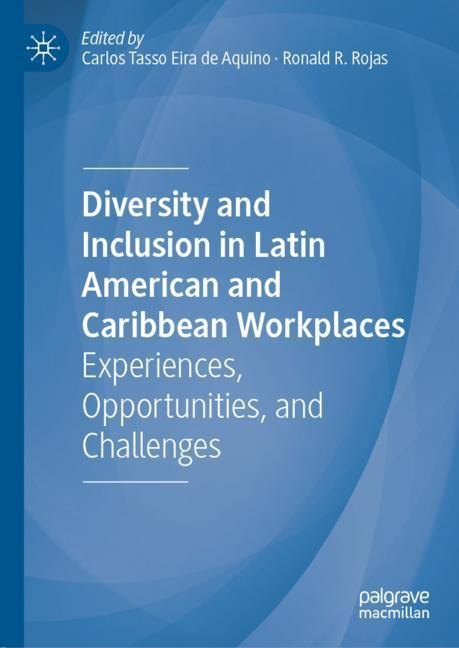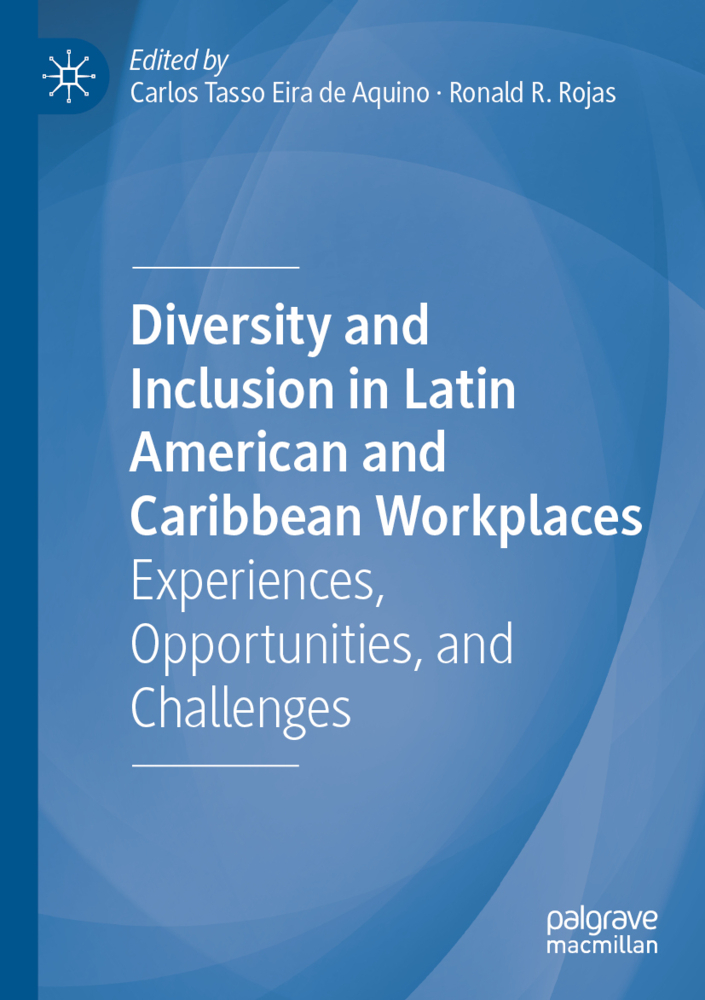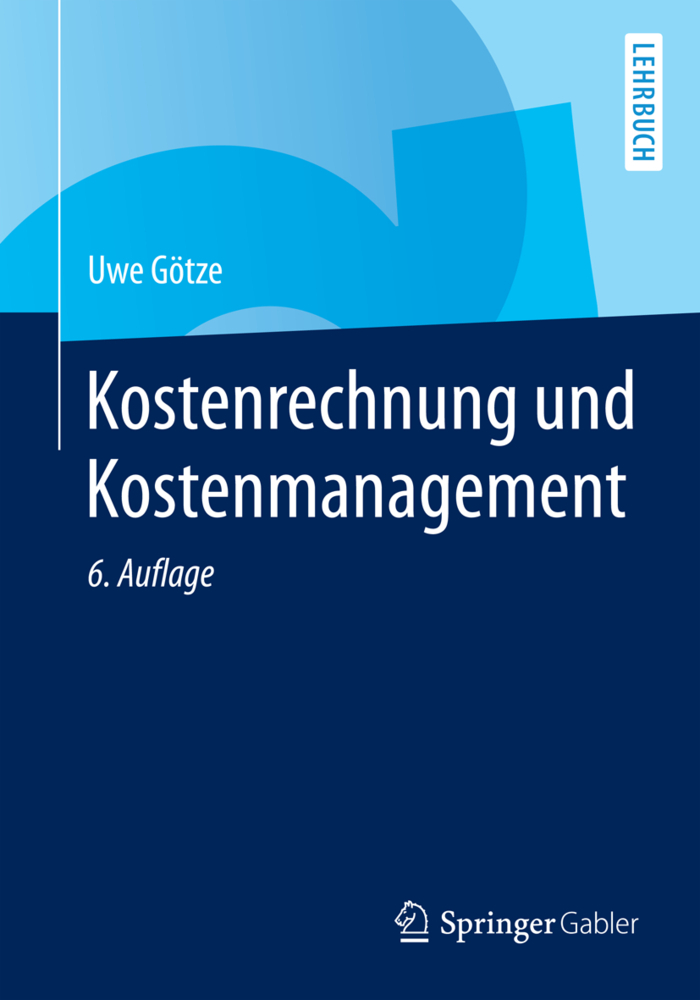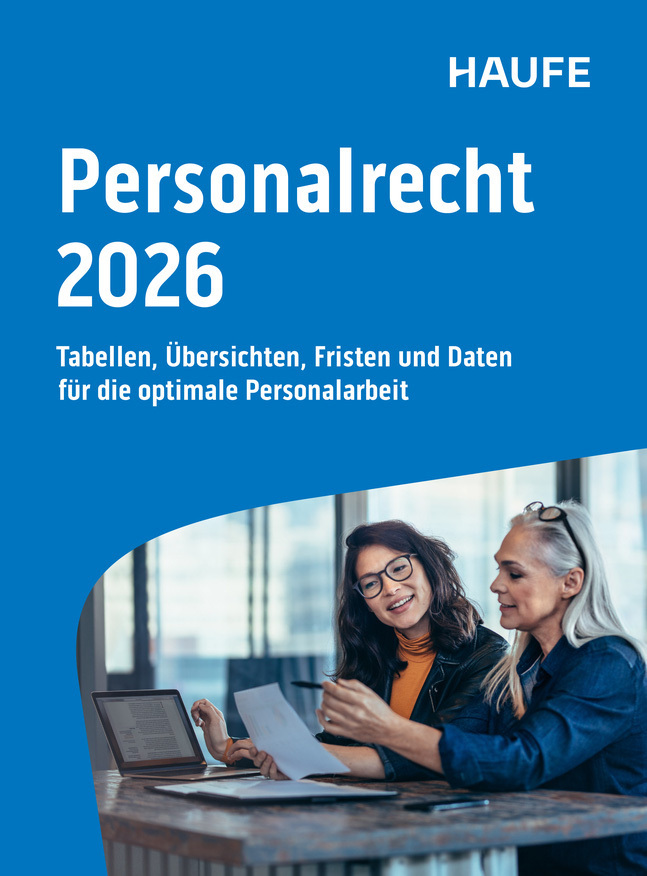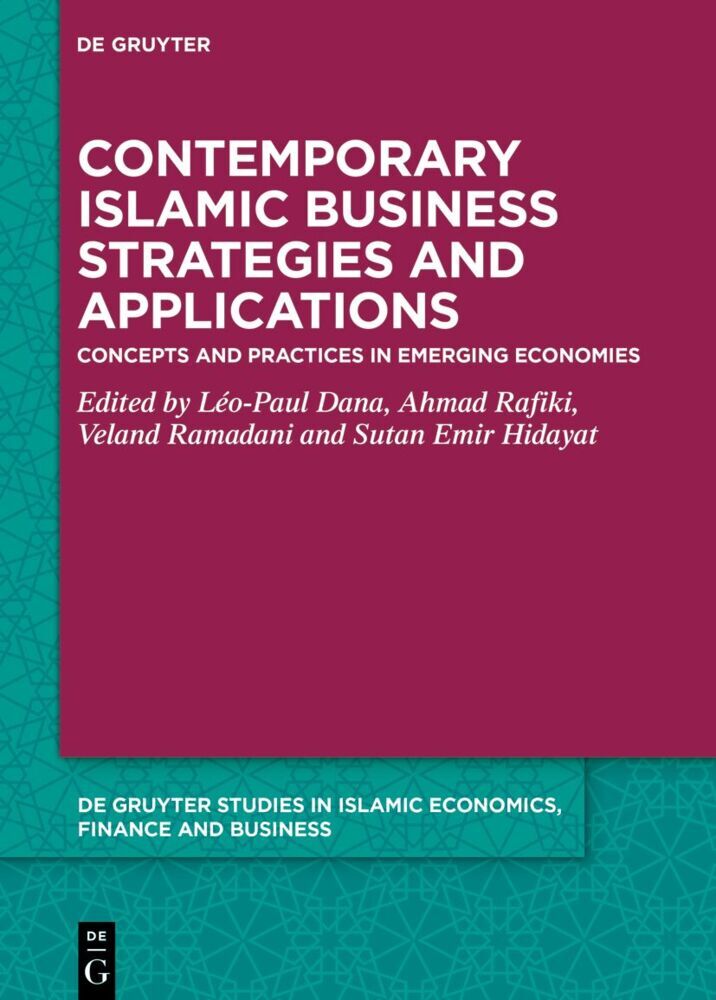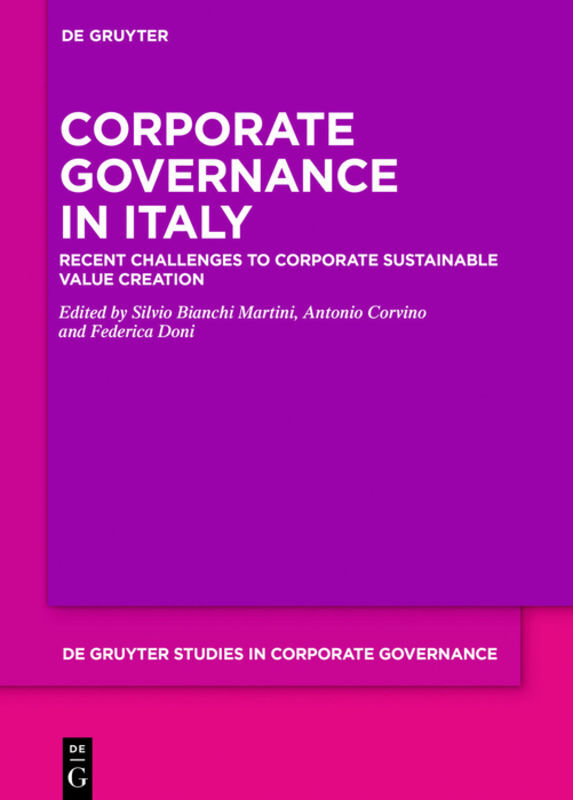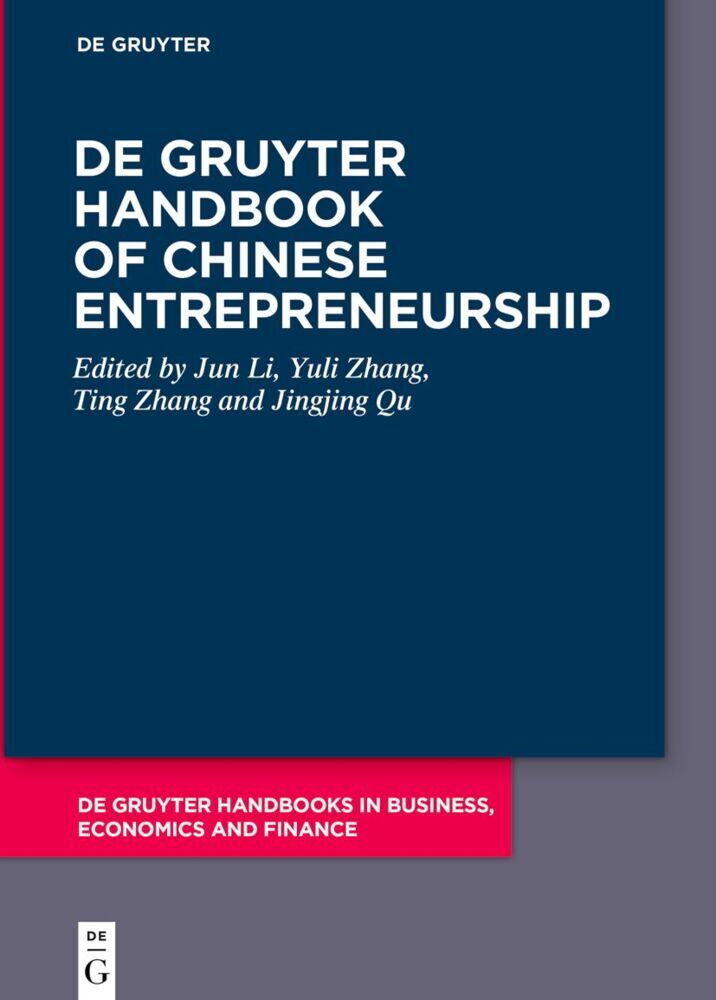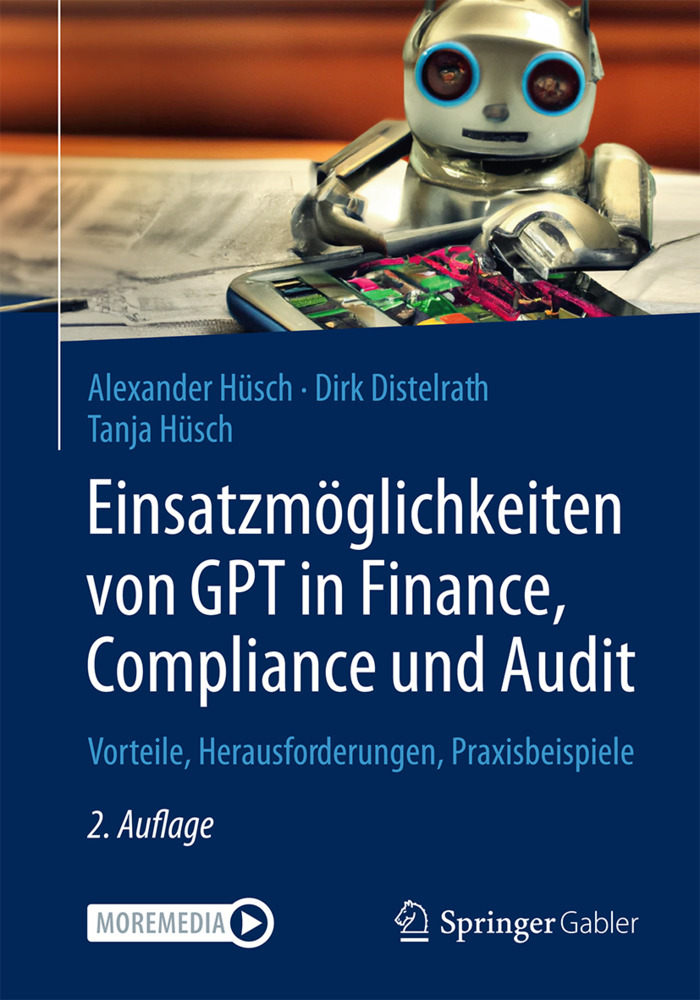Diversity and Inclusion in Latin American and Caribbean Workplaces
Experiences, Opportunities, and Challenges
This book explores the workplace experiences, opportunities, and challenges that emerge from the nuances of diversity and inclusion dynamics in Latin American and Caribbean countries. While the first part of the book addresses emerging frameworks on diversity and inclusion in Latin America by examining the effects of history, traditions, and cultural differences, the second part offers case studies of country-specific actualities. The authors highlight that despite the many shared cultural aspects of the region, it is not homogeneous and there are significant differences from place to place. It follows then that a variety of cultural differences implies a variety of approaches to workplace values, and more specifically, to the understanding of diversity and inclusion. Examining topics such as gender identity, disability, and racial gaps in countries throughout the region, this book offers scholars a fresh perspective on an emerging region.
Carlos Tasso Eira de Aquino is Executive Director of the Center for Professional Studies and Continuing Education at the United States Sports Academy, USA.
Ronald R. Rojas is Managing Director of the PRISM Leadership Consulting Group and Adjunct Instructor at St Vincent de Paul Regional Seminary, USA.
Carlos Tasso Eira de Aquino is Executive Director of the Center for Professional Studies and Continuing Education at the United States Sports Academy, USA.
Ronald R. Rojas is Managing Director of the PRISM Leadership Consulting Group and Adjunct Instructor at St Vincent de Paul Regional Seminary, USA.
1; Contents;5 2; Notes on Contributors;8 3; List of Figures;13 4; List of Tables;14 5;1 Introduction;15 5.1;References;22 6;Part I Diversity and Inclusion: The LA&C Region;23 7;2 Diversity and Inclusion Scholarship: A Latin American and Caribbean Perspective;24 7.1;Introduction;24 7.2;Scholarship and Accreditation;25 7.3;Scholarship and Boyer's Model;27 7.4;Scholarship in Universities-Overview;29 7.5;An Existing Paradigm-A Think Tank in Diversity and Inclusion;31 7.6;Scholarship in Universities: A Proposal for Latin America and the Caribbean;32 7.7;Conclusion;36 7.8;References;37 8;3 Cultural Influences of Latin American and Caribbean Perceptions on Inclusion and Diversity;39 8.1;Introduction;39 8.2;Paradigm Shifts from Diversity to Inclusion;41 8.3;The Climate-Culture System;44 8.4;The Influence of National Cultures;47 8.5;Data Analysis and Implications of Cultural Dimensions;51 8.6;Puerto Rico's View of Inclusion and Diversity;59 8.7;Optimizing Diversity and Inclusion for Latin America;60 8.8;Summary and Conclusions;65 8.9;References;66 9;4 Women Entrepreneurs in Latin America and the Caribbean (LAC): The LAC Difference;76 9.1;Women's Entrepreneurship in LAC Economies;76 9.2;Challenges;80 9.3;Individual Characteristics of LAC Women Entrepreneurs;82 9.4;Systemic Drivers and Supports of LAC Women Entrepreneurs' Success;85 9.5;Conclusion;88 9.6;Sidebar: Examples of Initiatives and Partnerships Fostering Women's Entrepreneurship Activity in the LAC Region;89 9.7;Sidebar: Examples of Women's Ventures;91 9.8;References;92 10;5 Workforce Diversity in Ports: The Global and the LAC Perspectives;98 10.1;Introduction;98 10.2;Challenges Women Face in Working in Ports;100 10.2.1;Women in Ports;101 10.2.2;Barriers to Women in Ports;103 10.2.2.1;Port Union Seniority;104 10.2.2.2;Gender Stereotyping;105 10.2.2.3;Ports' Masculine Image;106 10.2.2.4;Work-Life Balance;107 10.2.2.5;Credibility;107 10.2.2.6;Recruiting Challenges;108 10.3;Making Ports Appealing for Women;112 10.3.1;Addressing Gender Equity;112 10.3.2;Family-Friendly Ports;113 10.3.2.1;Recruitment and Training;114 10.3.2.2;Networking;115 10.3.2.3;Mentoring;115 10.3.2.4;Work-Life Balance;115 10.3.2.5;Child and Elderly Care Services;116 10.3.2.6;Harassment Policies;117 10.3.3;Enhancing the Port's Image;117 10.4;Conclusion;117 10.5;References;118 11;6 Case Studies on the Effects of Toxic Leadership on Diversity and Inclusion in the Workplace Within the Latin American and Caribbean Regions;123 11.1;Introduction;123 11.2;Narrative Inquiry with US Army Career Veterans About Tolerance for Toxic Leaders;125 11.3;Narrative Inquiry with Former Multinational Companies' Executives About Tolerance for Toxic Leaders;128 11.4;Analysis of Individual Narratives;132 11.5;Conclusions;134 11.6;References;136 12;7 Life in the Margins: Harsh Reality and Challenges for the Transgender and Gender Diverse Workforce in Latin America and the Caribbean;138 12.1;Introduction;138 12.2;Overview;139 12.3;Understanding Gender Minorities;141 12.4;Harsh Realities and Legal Challenges;142 12.5;Stigma and Minority Stress;142 12.5.1;Minority Stress;142 12.5.2;Impact of Stigma in Workplace;143 12.5.3;The Grassroots Movement;144 12.5.4;Overview of Current Laws in Latin America and the Caribbean;145 12.5.5;Case Example and Implications;145 12.6;Summary;146 12.7;References;147 13;Part II Diversity and Inclusion: LA&C Countries;150 14;8 Bridging the Technical and Vocational Skills Gap in the Bahamas: The Role of Gender Diversity in the Trades;151 14.1;Introduction;151 14.2;The Global Skills Gap;152 14.3;Women in the Trades: A Global Perspective;154 14.4;The Economy of the Bahamas: An Overview;155 14.5;BTVI (Bahamas Technical and Vocational Institute) Fast Facts;156 14.5.1;Elementary School Visits to the Campus;158 14.5.2;Guidance Counselor Workshops;159 14.5.3;Dual Enrollment for High School Students;160 14.5.4;More Flexible (Blended) Course Offerings;160 14.5.5;Community Organizations;160 14.6;Conclusion;161 14.7;Refere
de Aquino, Carlos Tasso Eira
Rojas, Ronald R.
| ISBN | 9783030354190 |
|---|---|
| Artikelnummer | 9783030354190 |
| Medientyp | E-Book - PDF |
| Copyrightjahr | 2020 |
| Verlag | Palgrave Macmillan |
| Umfang | 224 Seiten |
| Sprache | Englisch |
| Kopierschutz | Digitales Wasserzeichen |

